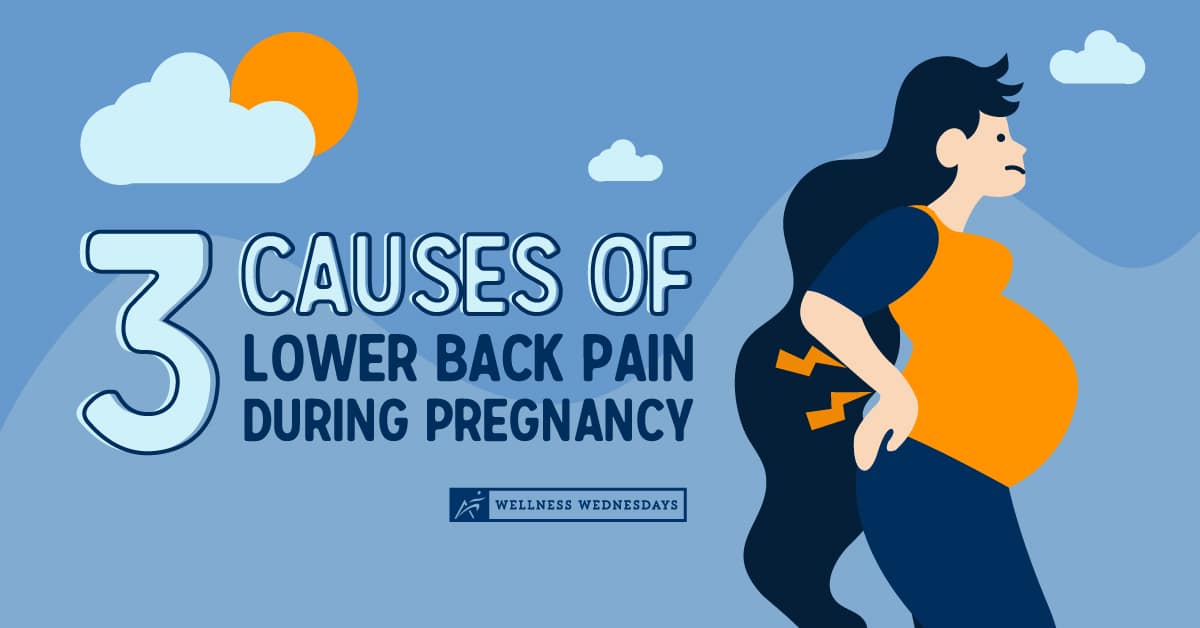
Lower Back Pain in Pregnancy: A Comprehensive Guide
Lower back pain is a common complaint during pregnancy, affecting up to 80% of women. While it can be a source of discomfort and distress, it is important to know that it is usually not a sign of a serious problem. In most cases, lower back pain during pregnancy is caused by the body’s natural changes as it prepares for childbirth.
Causes of Lower Back Pain in Pregnancy
There are several factors that can contribute to lower back pain during pregnancy:
- Hormonal changes: The hormone relaxin, which is produced during pregnancy, relaxes the ligaments and joints in the pelvis and spine. This can lead to instability and pain in the lower back.
- Weight gain: The weight of the growing baby and uterus puts extra pressure on the lower back.
- Posture changes: As the pregnancy progresses, the woman’s center of gravity shifts forward, which can put strain on the lower back.
- Muscle weakness: The abdominal and back muscles may become weaker during pregnancy, which can also contribute to lower back pain.
Types of Lower Back Pain in Pregnancy
There are two main types of lower back pain in pregnancy:
- Mechanical pain: This is the most common type of lower back pain during pregnancy. It is caused by the physical changes in the body, such as weight gain and posture changes.
- Referred pain: This type of pain is caused by a problem in another part of the body, such as the pelvis or hips. The pain is felt in the lower back because the nerves in that area are irritated.
Risk Factors for Lower Back Pain in Pregnancy
Certain factors can increase the risk of developing lower back pain during pregnancy, including:
- Previous history of back pain: Women who have had back pain before pregnancy are more likely to experience it during pregnancy.
- Multiple pregnancies: Women who have had multiple pregnancies are more likely to have lower back pain.
- Advanced maternal age: Women who are over 35 years old are more likely to experience lower back pain during pregnancy.
- Obesity: Obese women are more likely to have lower back pain during pregnancy.
Diagnosis of Lower Back Pain in Pregnancy
Most cases of lower back pain during pregnancy can be diagnosed based on the woman’s symptoms and a physical examination. In some cases, the doctor may order imaging tests, such as an X-ray or MRI, to rule out other causes of pain.
Treatment for Lower Back Pain in Pregnancy
There are a variety of treatments that can help relieve lower back pain during pregnancy, including:
- Exercise: Gentle exercise, such as walking, swimming, or yoga, can help strengthen the back muscles and improve posture.
- Heat or cold therapy: Applying heat or cold to the lower back can help relieve pain and inflammation.
- Massage: Massage can help relax the muscles and relieve pain.
- Acupuncture: Acupuncture is a traditional Chinese medicine technique that involves inserting thin needles into the skin at specific points on the body. It has been shown to be effective in relieving lower back pain during pregnancy.
- Medication: In some cases, the doctor may prescribe medication to relieve lower back pain. However, it is important to note that not all medications are safe to take during pregnancy.
Prevention of Lower Back Pain in Pregnancy
There are a few things that women can do to help prevent lower back pain during pregnancy:
- Maintain a healthy weight: Gaining too much weight during pregnancy can put extra strain on the lower back.
- Exercise regularly: Regular exercise can help strengthen the back muscles and improve posture.
- Wear comfortable shoes: High heels can put strain on the lower back.
- Use a pregnancy support belt: A pregnancy support belt can help support the lower back and reduce pain.
- Get enough sleep: Getting enough sleep can help reduce fatigue and improve overall well-being.
When to Seek Medical Attention
Most cases of lower back pain during pregnancy are not serious. However, it is important to seek medical attention if the pain is severe, persistent, or accompanied by other symptoms, such as:
- Fever
- Chills
- Nausea
- Vomiting
- Vaginal bleeding
- Difficulty urinating
These symptoms could indicate a more serious problem, such as a urinary tract infection or preterm labor.
Conclusion
Lower back pain is a common complaint during pregnancy, but it is usually not a sign of a serious problem. In most cases, it can be relieved with simple treatments, such as exercise, heat or cold therapy, and massage. However, it is important to seek medical attention if the pain is severe, persistent, or accompanied by other symptoms.